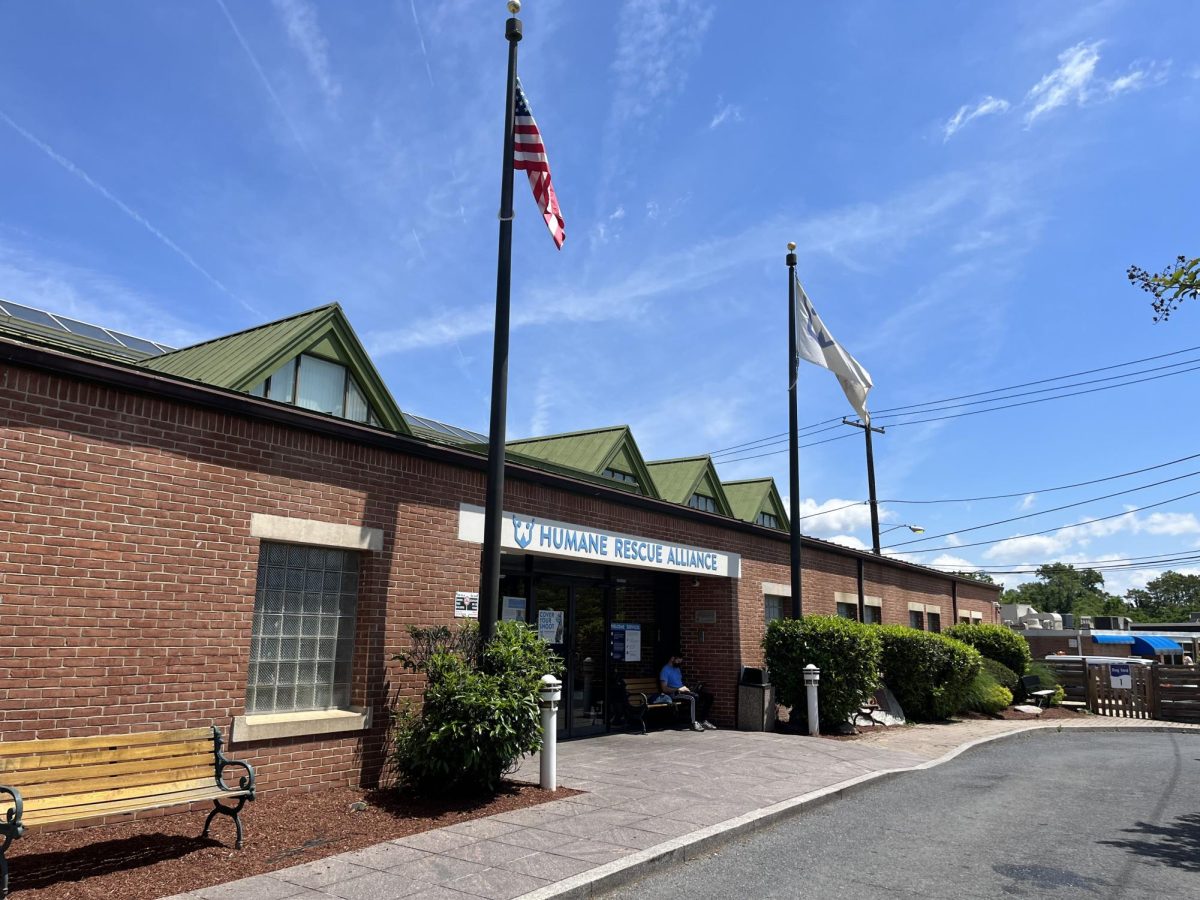The House of Representatives overwhelmingly passed a bill to reauthorize the Higher Education Act, legislation aimed at improving financial aid programs and removing obstacles that deter qualified students, like predatory lending practices and complicated financial aid applications.
The College Opportunity and Affordability Act, H.R. 4137, was approved by a 354-48 vote, sending it to a conference committee with the Senate, which passed a different version of the bill last summer. A White House press release from Wednesday said that the George W. Bush administration “strongly opposes” the House version of the bill.
The bill includes provisions requiring universities to report their reasons for raising tuition and their plans for lowering costs, as well as streamlining the Free Application for Federal Student Aid process and creating new scholarships.
Furthermore, the bill would require schools like Georgetown to report more of their accepted donations to the Department of Education, as well as to spend a fixed percentage of their endowments to offset college costs annually.
“It’s not surprising that college cost is a focus,” said Scott Fleming, assistant to the president for Federal Relations. “The information needs to be sufficient to let people know what it costs to go to college. As we are a full need-blind full-need institution, that information is good.”
The bill encourages colleges and universities to be a part of the University and College Accountability Network, which students can consult for specific information and statistics for private institutions. The U-CAN network was created almost a year ago, and Georgetown is currently a member.
The bill which was passed by the House revises the current Higher Education Act in several ways. Students would be able to receive Pell Grants, a prominent federal student aid program year-round, textbook publishers would be forced to sell supplemental materials separate from textbooks themselves and various public service workers would be eligible for up to $10,000 in loan forgiveness. The bill also reauthorizes many existing grant programs and seeks to increase transparency and ethical practices in the student loan industry.
Fleming said it was imperative that Congress pass this bill before the presidential and Congressional elections heat up and legislators have less time to devote to the issue.
“In the current political environment on the Hill, there are a lot of things that don’t get done because of the partisan politics,” Fleming said. “This is one where there is a bipartisan sense. They want to seize the moment, if you will.”
The Higher Education Act is due to expire on March 31.
“







